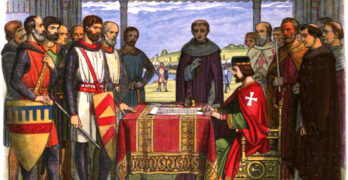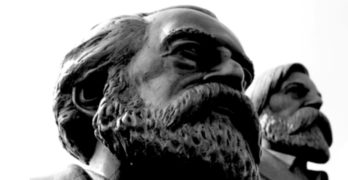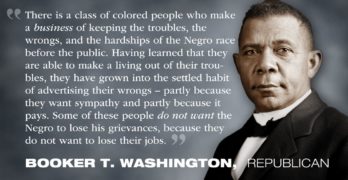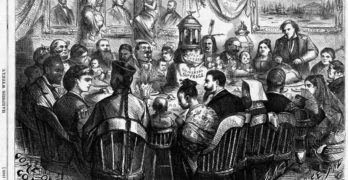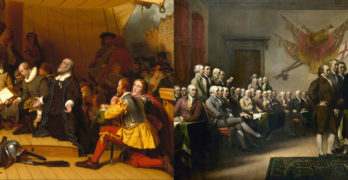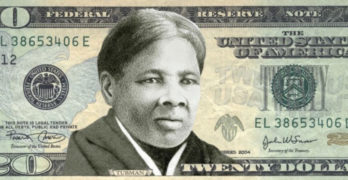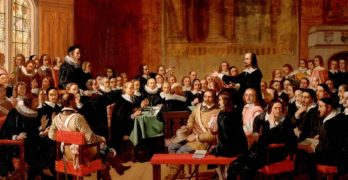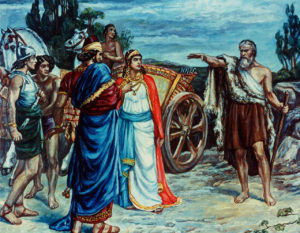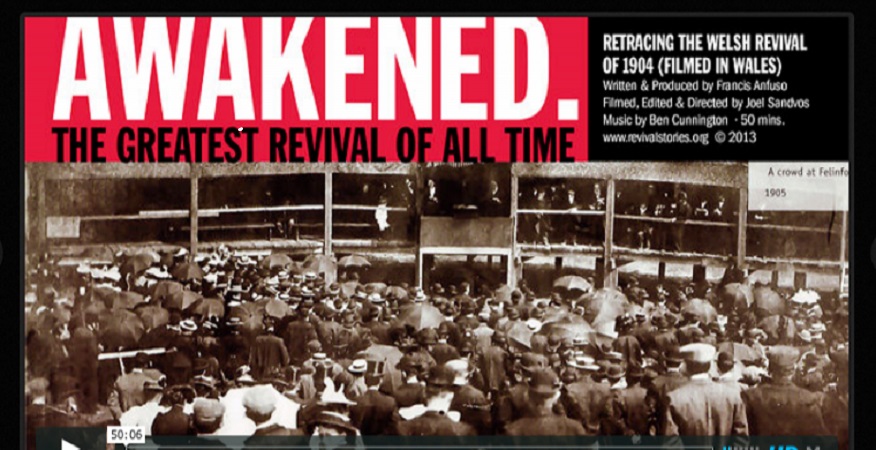 The great Welsh revival of 1904 has been described as one of the greatest revivals, dubbed the “Pentecost greater than Pentecost.” Unfortunately, the revival’s demise is also an excellent example of how the Jezebel spirit works against the church.
The great Welsh revival of 1904 has been described as one of the greatest revivals, dubbed the “Pentecost greater than Pentecost.” Unfortunately, the revival’s demise is also an excellent example of how the Jezebel spirit works against the church.
In just two years, over 100,000 people were saved. Welsh society was revolutionized. Entire towns recorded no arrests for over a year. Places that formerly were hotbeds of vice suddenly became transformed. Police departments were forced to lay off idle officers. Professional sports teams disbanded because no one was willing to miss church for a game.
Services continued virtually around the clock and there were demonstrations of God’s presence and power. When God begins a work, he usually begins with a man. It is been rightly said that Evan Roberts (1878-1951) was not the author of the Welsh Revival. The author of the Welsh Revival was none other than the Holy Spirit of God, Himself.

Evan Roberts
Although Evan Roberts became the popular figure in the movement before the press and the public in November 1904, it is well to note that the great Awakening in Wales had its beginnings two years before this time in many parts of the principality. And when the river of God was at full spate in the latter part of the year 1904, it was found that the Spirit was using for His instruments at least a hundred pastors, evangelists and so-called “lay people” for His work.
While the Spirit’s workings in revival spread into almost every nook and corner of the country, the ministry of Evan Roberts was in the main confined to one of its 12 counties. The fire of God burned in towns and villages which he did not visit. And in many of the places which he did visit, he found the fire was already there.
Evan’s visit only fanned the flame. Sometimes the revivalist sat among the people, praying silently, and then left without saying a word. Visitors from different parts of the world were astonished to sit in crowded gatherings where people sang, prayed and testified without the young prophet even being there to take part.
The saintly F. B. Meyer, a matured Christian leader, upon watching him in the meetings, explained, “He will not go in front of the divine Spirit, but is willing to stand aside and remain in the background unless he is perfectly sure that the Spirit of God is moving him.” Then he added, “It is a profound lesson for us all!” But why did it end prematurely?
To briefly learn about how the Welsh revival ended prematurely, I recommend God’s Generals by Roberts Liardon and The World Aflame by Rick Joyner.
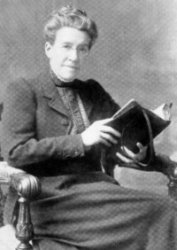 Many people had became associated with the revival as it grew. Among these was a well-to-do woman named Jessie Penn-Lewis. For years Penn-Lewis had considered herself a Bible teacher, but she had never found a broad acceptance for her message.
Many people had became associated with the revival as it grew. Among these was a well-to-do woman named Jessie Penn-Lewis. For years Penn-Lewis had considered herself a Bible teacher, but she had never found a broad acceptance for her message.
Let’s look at Rick Joyner’s book, The World Aflame. Rick says, it seems probable that Jessie Penn-Lewis played a significant part in bringing the great Welsh Revival to a premature end, even though she seemed to have had the best of intentions. The reports were that she persuaded Evan Roberts to withdraw from the revival because she thought he was getting too much of the attention that should have gone only to the Lord.
As is the case with many great leaders, their strengths can be also their weaknesses. The thought of stealing God’s glory horrified Evan Roberts and he began to think that perhaps someone else would lead the revival.
At first, Jessie Penn-Lewis appeared as a friend and financial supporter to Evans Roberts. She gained his confidence, and began speaking into his life. Long time friends of Evans Roberts expressed concerns that she appeared to isolate Roberts too much, but Roberts trusted Penn-Lewis completely. She began to minister certain messages to Roberts, which appeared to him to be profound corrections from the Lord.
Evans followed Jesse Penn-Lewis advice and withdrew. When he did the revival quickly died. The idealistic would contend that if it had been a true revival then removing any man would not have made a difference. The entire testimony of both Scripture and history testifies differently. Because the Lord entrusted the authority of this earth to men, He always looks for men or women to stand in the gap when He wants to move on the earth. True revival can only be ignited by God, but God will always move through men.
It is often a religious spirit, which is an evil spirit that seeks to deny man that union with God in His work, usually with idealistic delusions of man getting too much of the glory. It is right to acknowledge that man is but the “earthen vessel” and that the glory is all God’s, but it is humanistic idealism that, in a sense, denies that the glory of the Lord should be in an earthen vessel at all.
It would be unfair to indict Jessie Penn-Lewis for single handedly stopping the Welsh Revival, even though many of Evan Roberts’ friends and co-workers in the revival did just that. Evan Roberts left the work and went to live in the Penn-Lewis home where he effectively became a spiritual hermit, never again being used in ministry.
Years later, Roberts and Penn-Lewis co-authored a book entitled War On The Saints that was used to condemn the emerging Pentecostal revival as the “work of an invading host of evil spirits.”Penn-Lewis had reacted strongly during the Welsh Revival to the Pentecostal demonstrations, and this book seemed to be a reaction to her dislike of their overly emotional influence.
Later editions of War On The Saints were edited by the publishers to remove the extreme and offensive attacks on Pentecostals, but it still contains, in my opinion, a general tenor that can hinder the believer’s ability to move in the gifts of the Spirit….. A sincere jealousy for God to receive the glory that is due Him permeates Jessie Penn-Lewis’ book, and they do contain many sound principles, but much of her teaching is both reactionary and sown with idealism.
Many of Evan Roberts closet friends and associates denied that War On The Saints was a true reflection of the Evan Roberts they had known. They testified that the book was contrary to the spirit of the revival, and decried the fact that Evan would no longer relate to the body of Christ or even his own family again after moving in with the Penn-Lewis family.
He was kept guarded in the Penn-Lewis home completely dominated. He spent many dark years of depression in her house. By the grace of God he eventually broke all ties with Penn-Lewis, but not until his health was broken and his ministry a shadow of its former glory.
But as with the case of many great leaders, Jessie Penn-Lewis may be one of the classic historic examples of how heresy hunting or idealism can be used by the enemy to derail true works of the Holy Spirit. Some teaching imparts more faith in the enemy to deceive than faith in the Holy Spirit to lead us into all truth.
One of the greatest revivals that saw 100,000 salvations in 24 months and a glory some called greater than Pentecost was destroyed by someone seeking control in order to gain recognition and acceptance. That my friend is a Jezebel controlling spirit!
Image credit: Virtue Online









